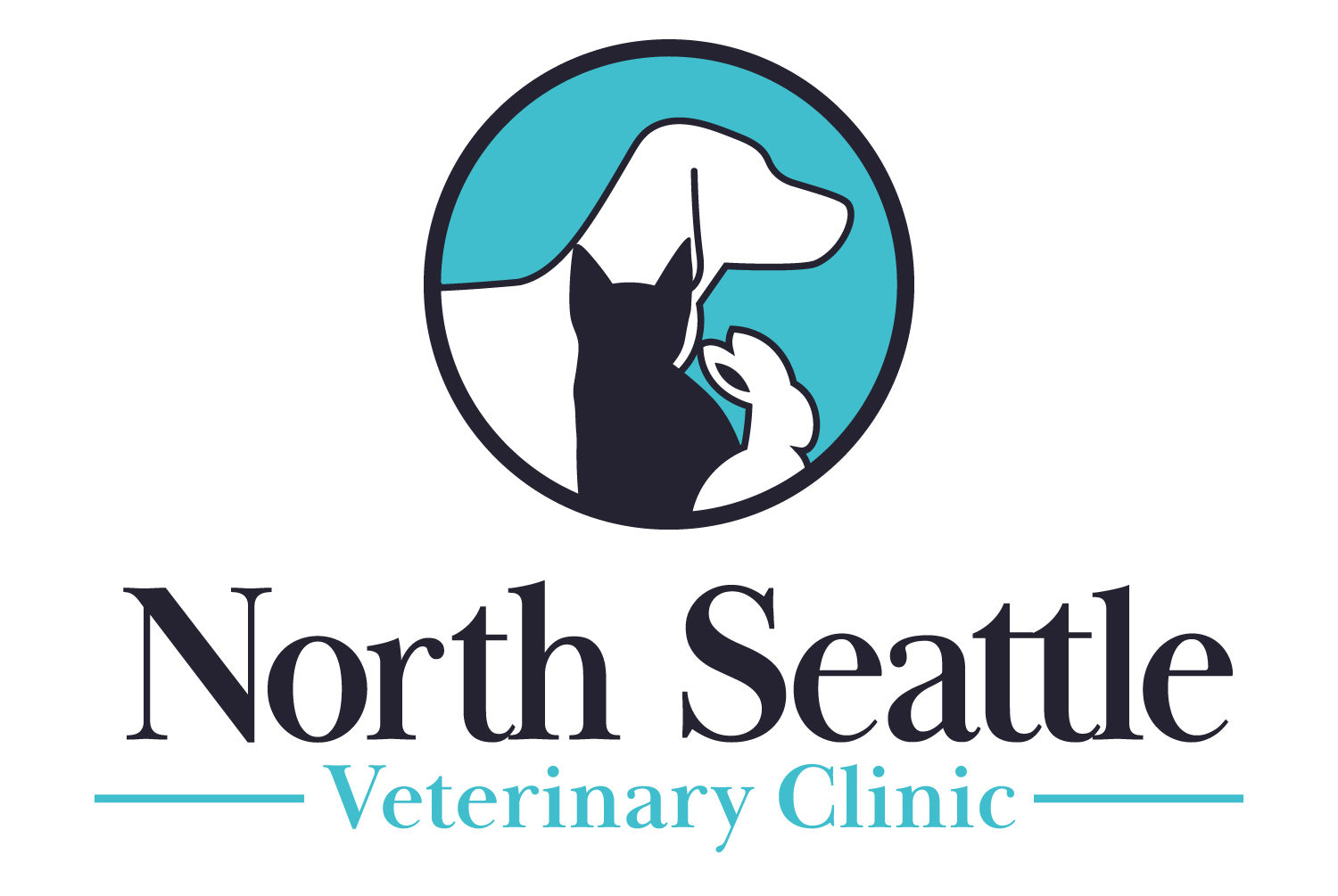Canine Vaccination

Recommended Canine Vaccines
DA2PP: (AKA: “Distemper”) protects against four viruses:
1. Distemper – a virus that causes an incurable and often fatal respiratory and neurologic disease. Transmission is through contact with saliva or urine of infected dogs.
2. Adenovirus – two different viruses that cause a respiratory and an infectious liver disease. Transmission is through contact with saliva or urine of infected dogs.
3. Parainfluenza – a virus that causes an upper respiratory infection. Transmission is from the saliva of infected dogs.
4. Parvovirus – a virus that is highly contagious that causes an often-fatal intestinal disease that also lowers the immune system’s ability to fight infection. Transmission is by contact with infected dog feces. The organism can remain infectious in the environment for many months.
This vaccine is given as a series in puppies, then 1 year later, then every 3 years for adult dogs.
Rabies: A virus that causes a fatal neurologic disease (in all mammals, including people). Transmission is from the saliva of infected animals, generally from bite wounds. Current vaccination is mandated by Washington State law in all dogs and cats. This vaccine is given at 4 months of age, then 1 year later, then every 3 years for adult dogs. Bats are the most common source of rabies in Washington State.
Leptospirosis: A bacterial infection that can cause liver disease and kidney failure. Transmission is by contact with infected urine, generally through standing water or mud. Squirrels, rats and raccoons are the most common animals to spread the bacteria in our area. This vaccine is given as a series of two vaccines, then annually. There are many strains of leptospirosis, and this vaccination covers the two most common strains in Washington State. Note – people can become infected by contacting urine from any infected mammal, including dogs. Vaccination does not prevent an infected dog from shedding the bacteria to other animals or people.
Bordetella: A bacteria that causes respiratory infections in dogs. Transmission is by contact with saliva of infected dogs. Most commonly dogs become infected by being in an area of high concentrations of dogs such as a dog park, shelter, dog show, grooming facility or boarding facility. This vaccine is given annually.
Canine Influenza: A group of highly-contagious viruses that cause a respiratory infection with fever in dogs. Transmission is from the saliva of infected dogs. Most commonly dogs become infected by being in an area of high concentrations of dogs such as a dog park, shelter, dog show, grooming facility or boarding facility. This vaccine is given as a series of two vaccines, then annually. Ask about the most recent locations of outbreaks in the US. Humans cannot contract influenza from dogs
** If a vaccine reaction occurs, it will typically happen within 12 hours of receiving the vaccine.
